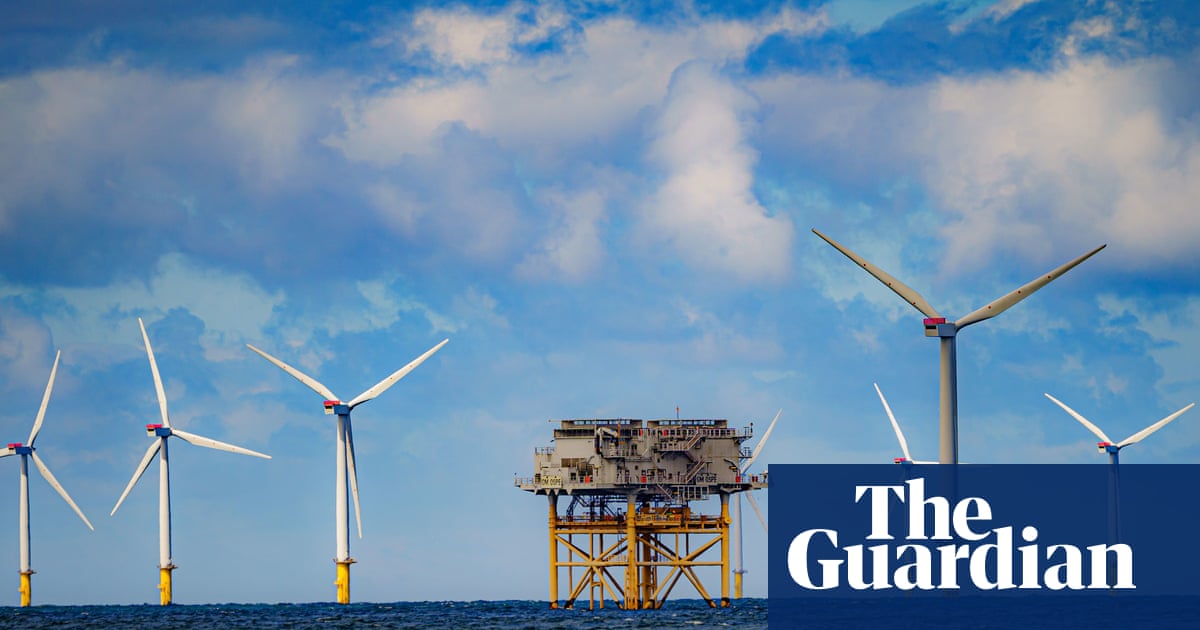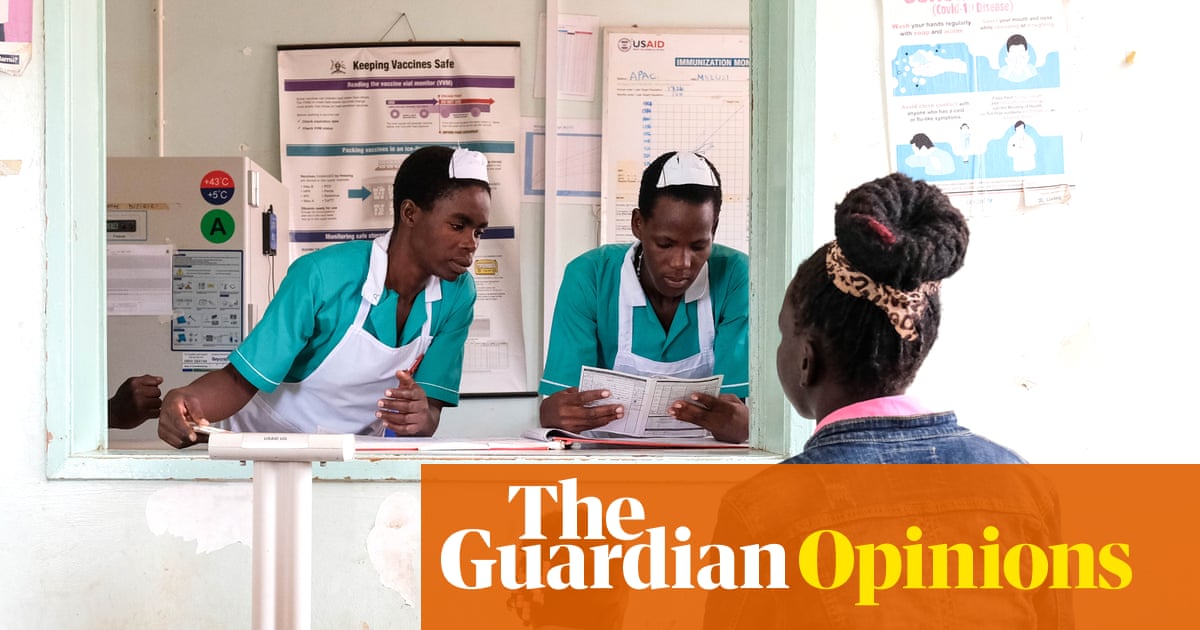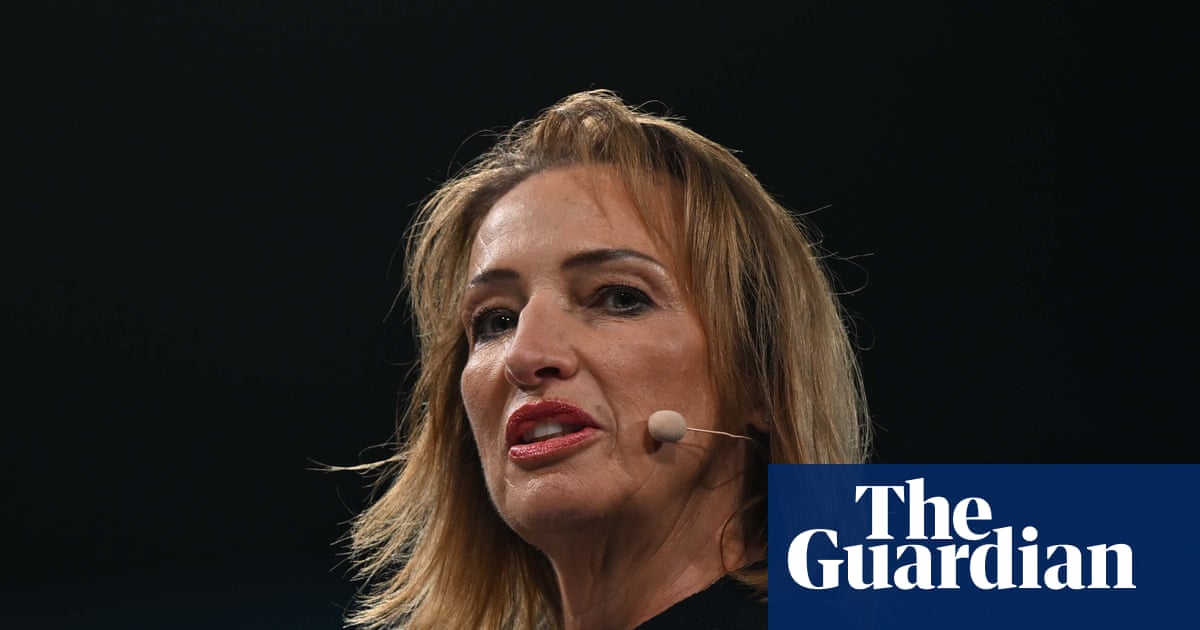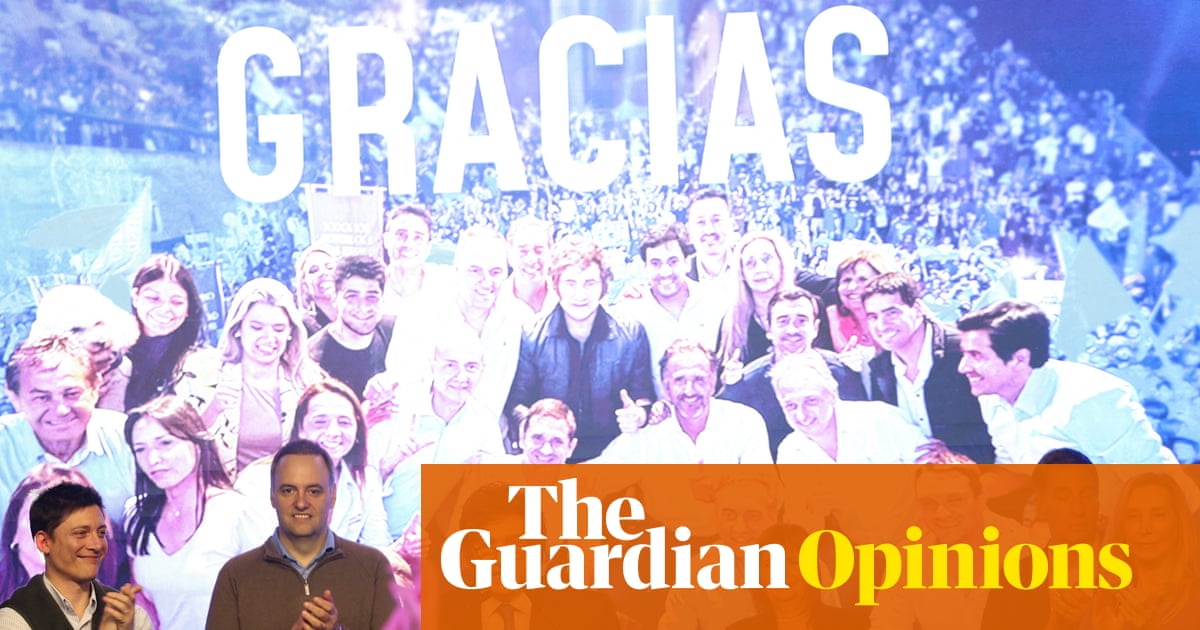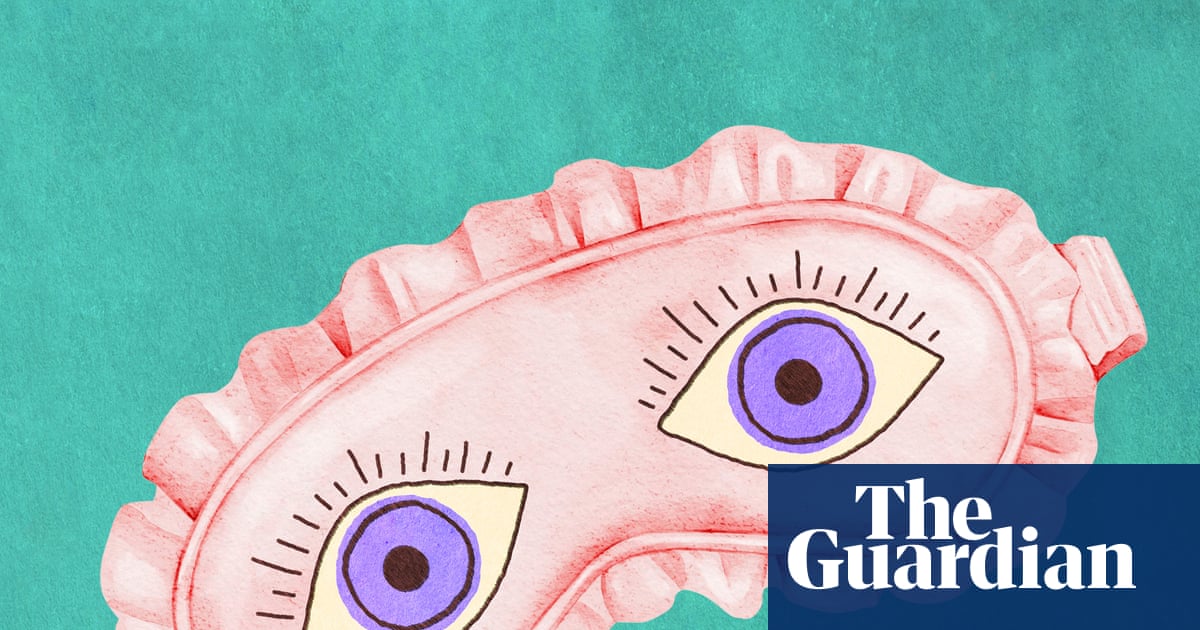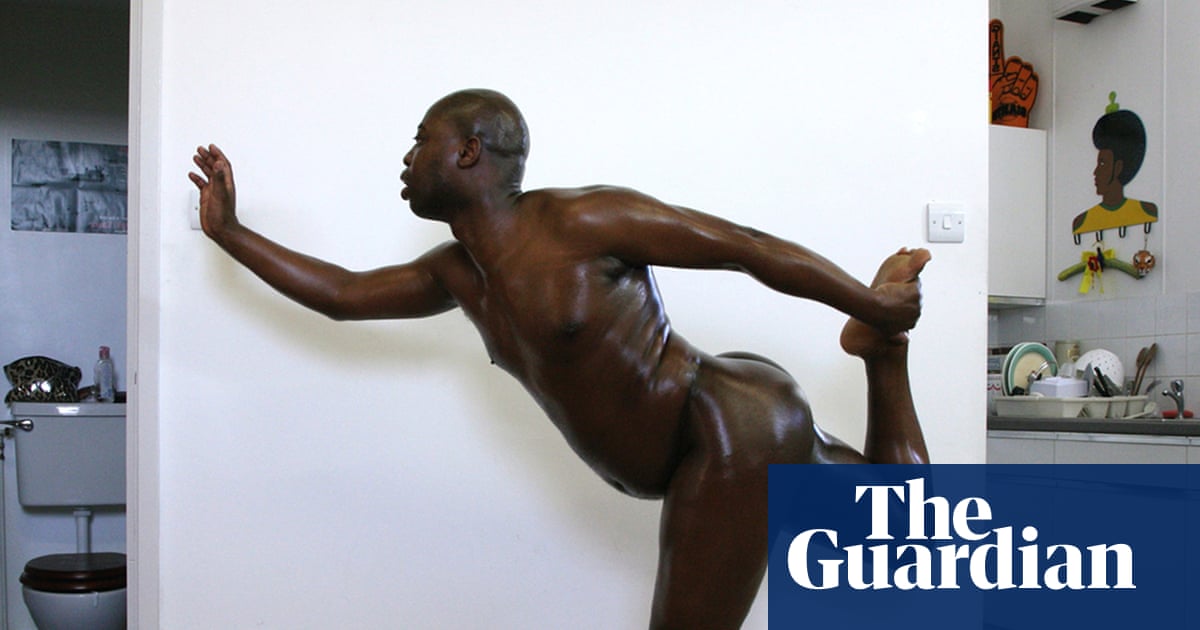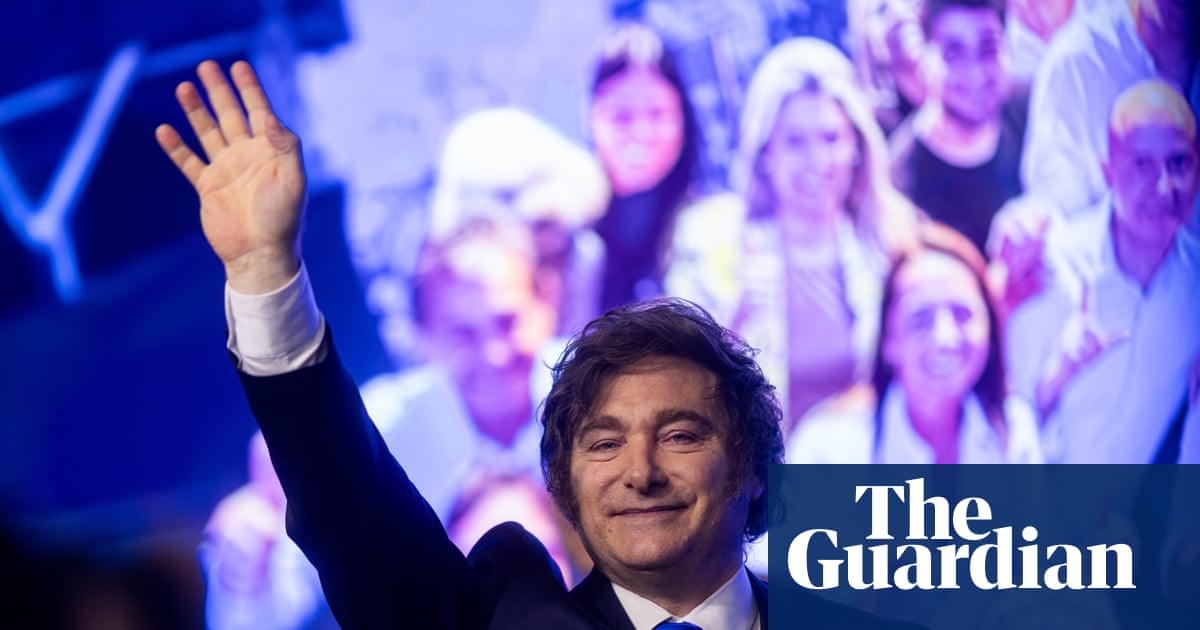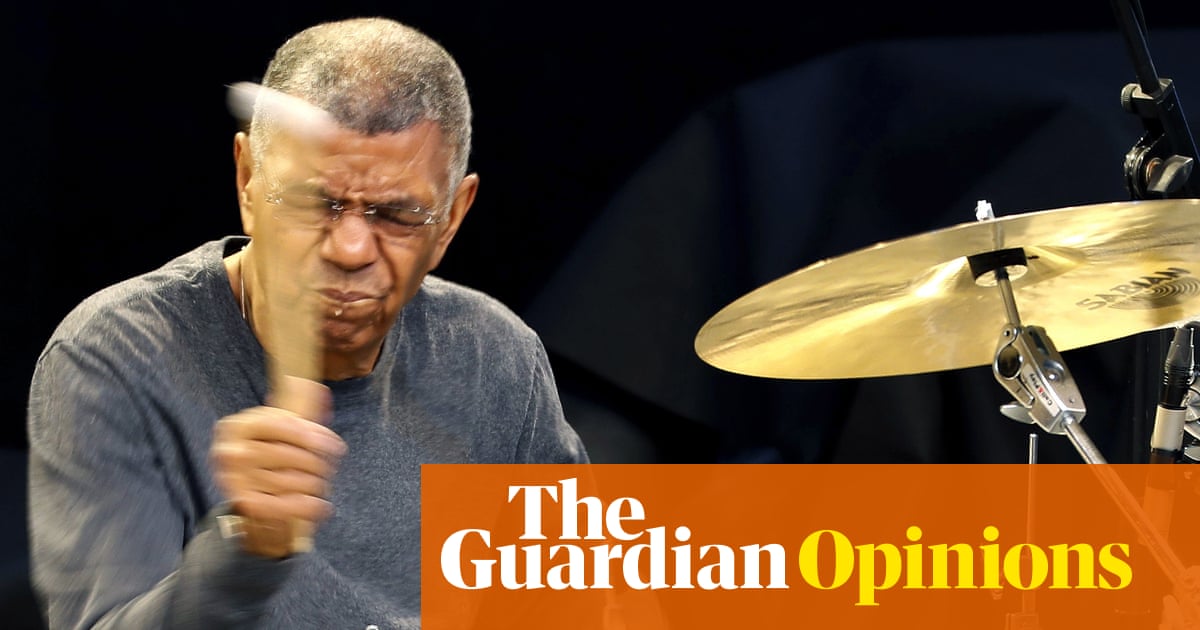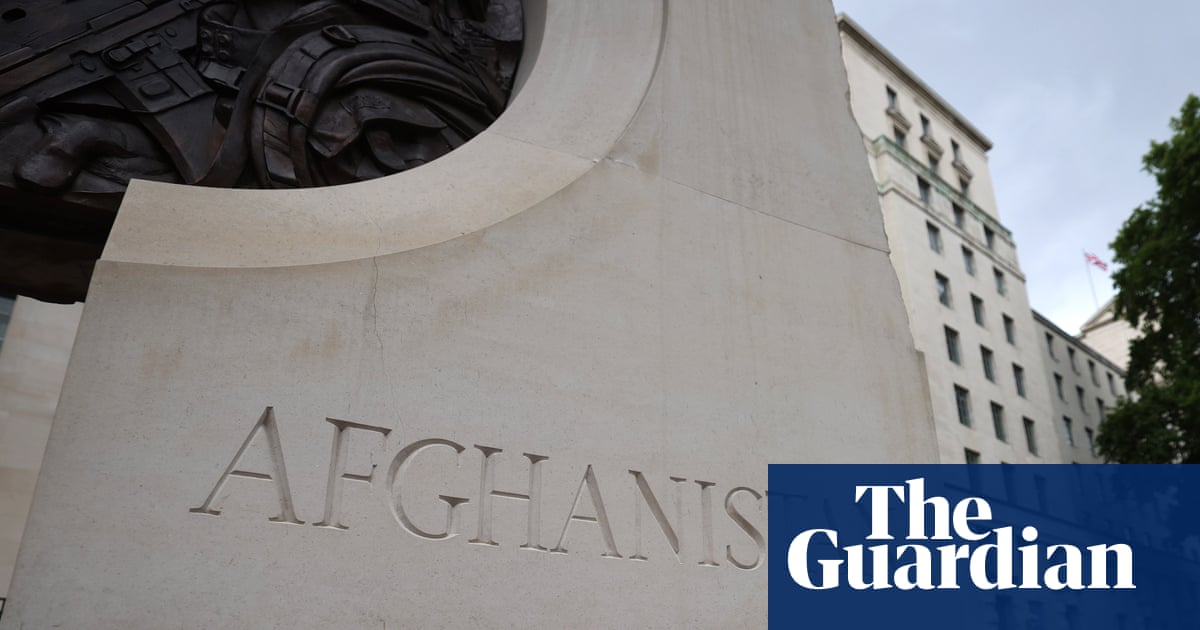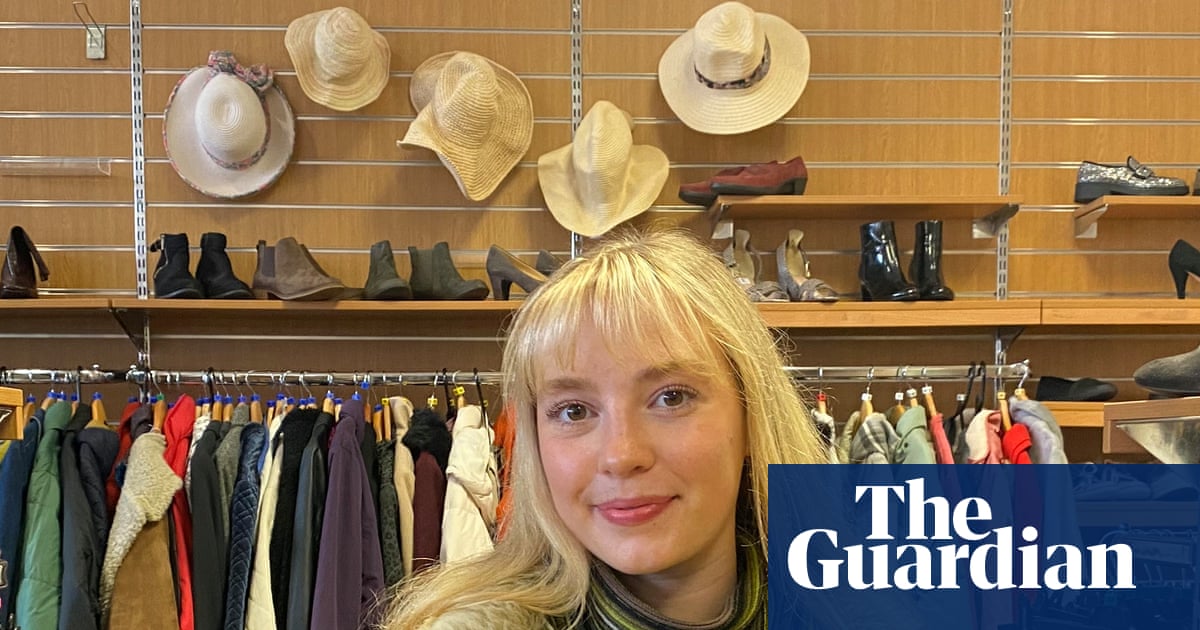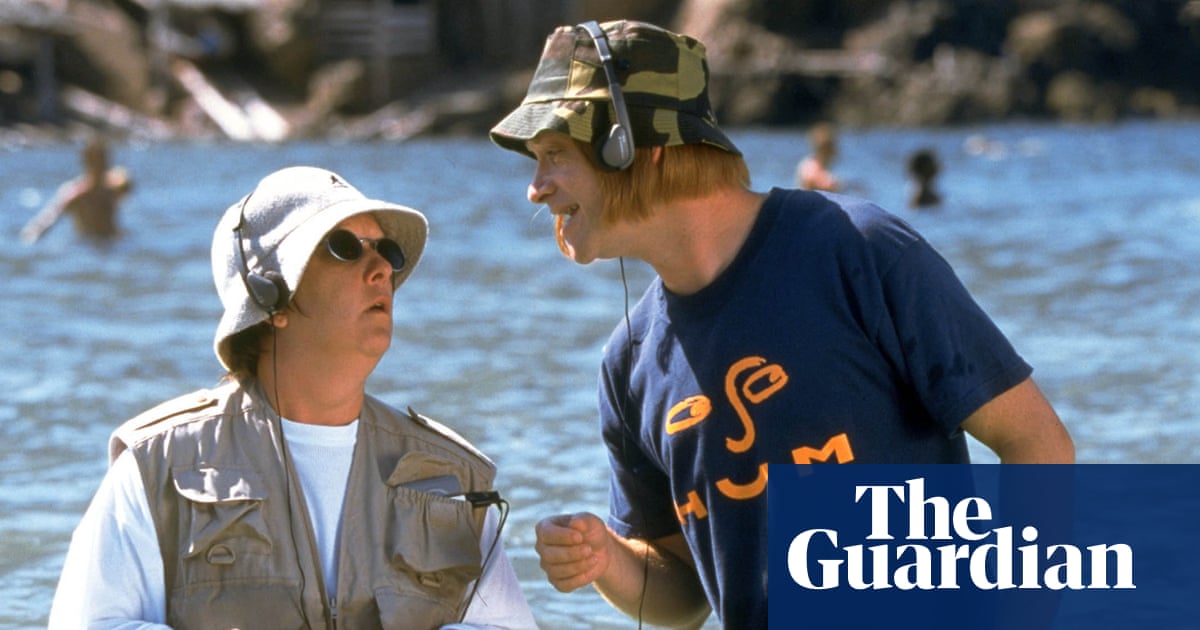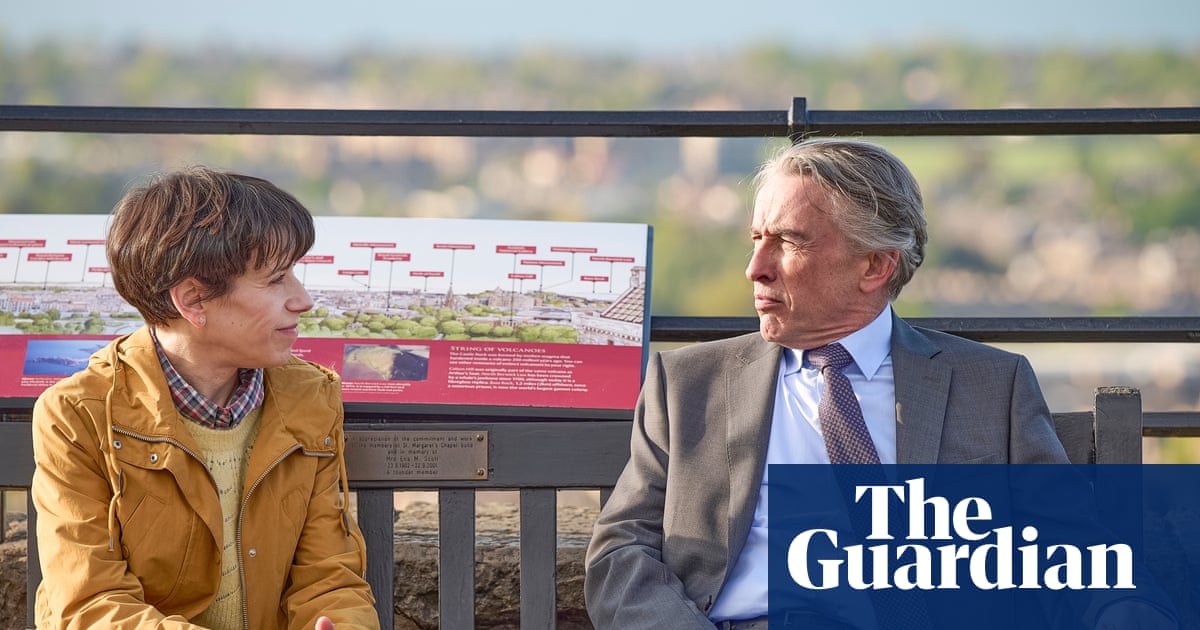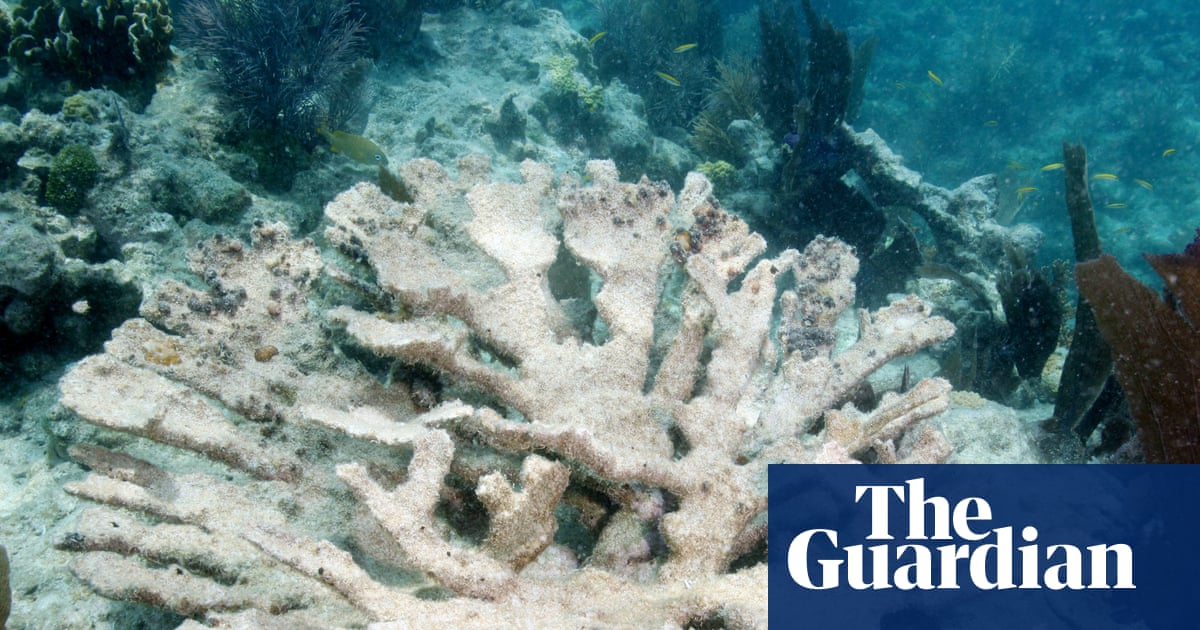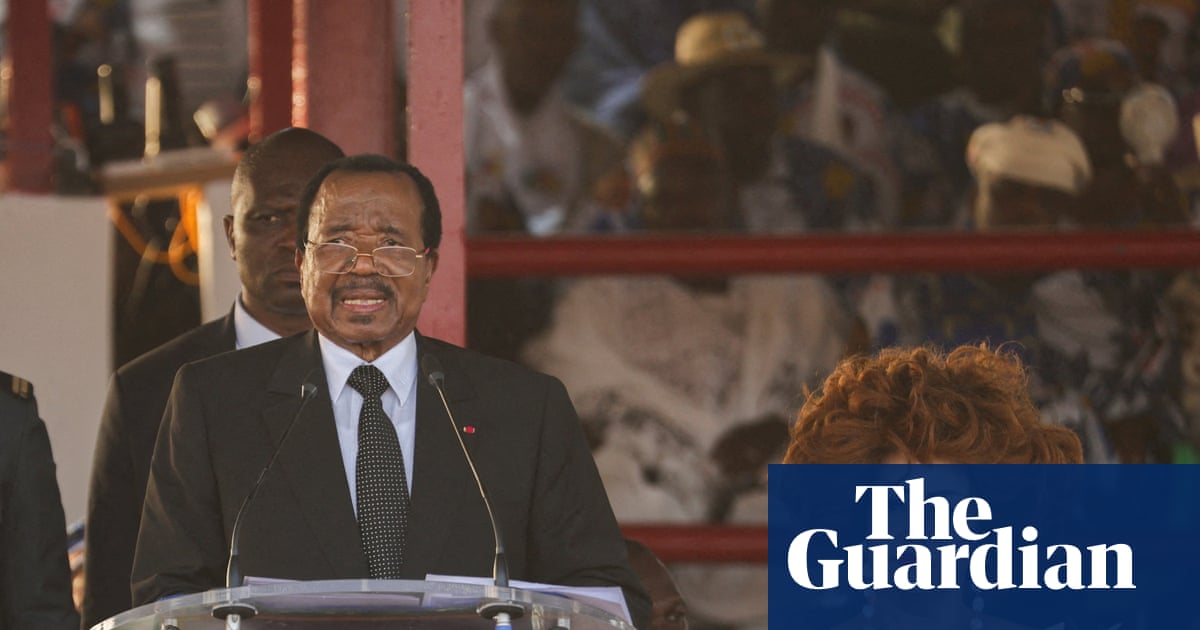European countries need to reduce their “dual dependencies” on the US and China, Emmanuel Macron has warned, as he sketched out his vision of an empowered “wider Europe” on the first day of a historic state visit.
The French president addressed several hundred MPs and guests at the start of a three-day state trip – the first state visit of a European leader since Brexit.
He used his speech to paint a picture of a new Europe beyond the boundaries of the 27-member EU bloc, with France and Britain at its core, only briefly referencing his disappointment at Britain’s exit from the EU.
Macron lavished praised on his British hosts and promised the two countries would cooperate more closely than ever on migration, with Keir Starmer pushing for a “one-in, one-out” deal that would result in some asylum seekers being returned to France. And he called again for a youth mobility scheme, to widespread applause in the hall, including from Labour ministers.
“We will have to de-risk our two countries from the excessive dependencies on both the US and China,” he said. “If we still depend on both China and the US, I think we have a clear view of our future and the future of our children.
“On one side [China], other capacities and other subsidies are clear threats [to] fair trade, and they are destabilising a lot of value chain and creating new dependencies. On the other side [the US], the trade war is clearly an explicit decision not to be compliant any more with WTO and this commerce we loved until now.
“If we want to build a sustainable future for all children [we have] to de-risk our economies and our societies from these dual dependencies.”
Macron’s speech formed one of the centrepieces of his three-day visit to the UK – the first for a French president since Nicolas Sarkozy in 2008. The day was filled with pomp and ceremony, including a welcome by King Charles at Windsor Castle and a trip in a horse-drawn coach to inspect a military guard of honour.
The president then travelled to parliament to speak to MPs, peers and other invitees in the Royal Gallery – a venue previously graced by the former US president Bill Clinton, the former UN secretary general Kofi Annan and the former German chancellor Angela Merkel.
Macron spoke from a platform between two huge paintings, one depicting the Battle of Waterloo and the other the Battle of Trafalgar. The French president mentioned neither conflict but drew heavily on the Entente Cordiale – signed between the two countries in 1904 – in an attempt to show the political battles of the Brexit era were now over.
“Since [1904], our states have had a broad, deep partnership, working together on European and global security,” he said.
In a sign of that renewed cooperation, he announced the Bayeux tapestry would return to the UK for the first time in more than 900 years.
The British government has been hoping to use the trip to show that its “EU reset” had borne fruit, including on the traditionally difficult subject of migration.
British officials have been hoping to sign a new deal that would involve Britain accepting asylum seekers who have a genuine family connection with the UK in return for being able to send others back to France. However, they had warned in recent days that it might not be ready in time for this trip.
The French president did not say anything specific about the deal, but spoke in glowing terms about a youth mobility scheme, which is being worked on by UK and EU officials after the recent European summit in London.
“There is a risk that our societies are growing apart, that our young people do not know each other as well, and may end up strangers at a time when international current events remind us on a daily basis of our common future,” Macron said.
“Let’s fix it. Let’s work together in order to facilitate the exchange of students, researchers, intellectuals, artists … let’s allow our children to have the same opportunities as the ones we had,” he added, to widespread and sustained applause.
Macron spent much of his time focusing on the twin threats from the US and China, adding that the level of risk from each was not the same.
“I do not put a sign equal between China and the US,” he said. “We have a strong ally on one side, and a challenger – sometimes a partner, when I speak about climate change – with China.”
He said the risks to European countries came from trade, global supply chains, and particularly technology, and compared manipulative algorithms used by US technology firms to the kind of political misinformation deliberately sown by Russia, in comments that underscored the differing approaches to technology being taken by Britain and France.
“What is at stake today in Europe is the defence of democratic models amid foreign interference, information manipulation, domination of minds by negative emotions and addictions to social media,” he said.
But while France and the EU have pushed ahead with social media regulation, the UK has shied away from doing so, and has even offered to reduce the amount of tax paid by the biggest US technology companies in return for tariff relief.

 3 months ago
45
3 months ago
45
